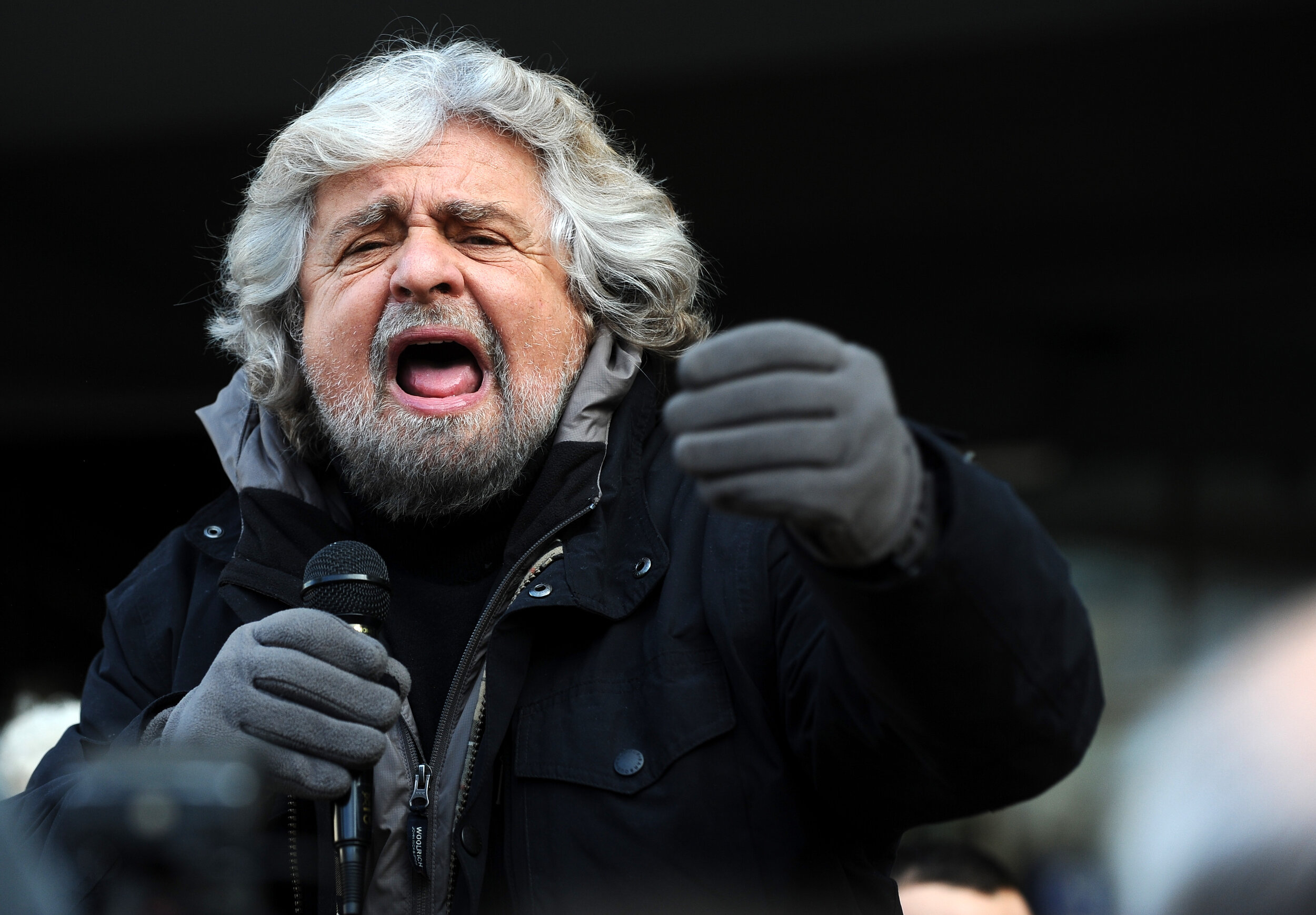We discuss The Irishman and the Frankfurt School’s theory of the “racket society” with Martin Jay. Martin Jay is Sidney Hellman Ehrman Professor Emeritus of History at the University of California, Berkeley. Among his works are The Dialectical Imagination (1973 and 1996); Marxism and Totality (1984); Adorno (1984); Permanent Exiles (1985); Fin-de-Siècle Socialism (1989); Force Fields (1993): Downcast Eyes (1993); Cultural Semantics (1998); Refractions of Violence (2003); La Crisis de la experiencia en la era postsubjetiva, ed. Eduardo Sabrovsky (2003); Songs of Experience (2004); The Virtues of Mendacity: On Lying In Politics (2010), Essays from the Edge (2011), Kracauer: l’Exilé (2014) and Reason After its Eclipse: On Late Critical Theory (2016). Verso will publish Splinters in Your Eye: Frankfurt School Provocations in July.
Kerstin Enflo on technological change and social protests
We find out what happened when Sweden introduced electricity in early 20th century. Kerstin Enflo is an Associate Professor in the Department of Economic History at Lund University. Her research focus on long-run regional and industrial growth as well as local labor markets. She has conducted analysis to assess the role of natural resources, the extent of the market, agglomeration economies, technical change and regional convergence. She is specifically interested in the role of historical place-based policies, such as infrastructure investments. She is also interested in the long-term evolution of regional inequality and has constructed regional GDPs per capita that go back to the 16th century.
Matthew Thompson on New Municipalism
We talk with Matthew Thompson about radical municipalism. Matthew Thompson is a Leverhulme Trust Early Career Fellow at the Heseltine Institute at the University of Liverpool. His fellowship, which commenced in September 2018, was awarded for a project entitled ‘Reimagining the City: New Municipalism and the Future of Economic Democracy’.
George Souvlis on the Incredible Life of Manolis Glezos
We speak with George Souvlis about “Europe’s first partisan.” George Souvlis is a freelance writer and teaches at the University of Thrace, Department of Political Science.
Ilaria Cozzaglio on Populism, Rousseau and Realism
We speak with Ilaria Cozzaglio about populism. Ilaria Cozzaglio is a Research Associate at the Research Centre 'Normative Orders', Goethe University Frankfurt.
Nathan Nunn on The Roots of Global Inequality
We speak with Nathan Nunn about the historical origins of inequality. Nathan Nunn is Frederic E. Abbe Professor of Economics at Harvard University. Professor Nunn’s primary research interests are in political economy, economic history, economic development, cultural economics, and international trade.
Guido Alfani on Lessons From Past Pandemics
We discuss the economic effects of the 14th century Black Death and 17th century plagues with Guido Alfani. Guido Alfani is Professor of Economic History at Bocconi University where he is also a Fellow of Dondena Centre and of IGIER. He is an Affiliated Scholar at the Stone Center on Socio-Economic Inequality (New York) and a Research Fellow of CEPR. He serves on the editorial boards of the Journal of Economic History and of Genus. He is also the organizer of the international scientific network EI-Net (Economic Inequality Network).
Can we do a better job teaching history?
We talk to Laura Redford about how we can make history more exciting for our students. Laura Redford is an adjunct professor in the Department of History at BYU.
Food: Today and Tomorrow
Ernest and Lev speak with Ian Marvy about the political economy of food (and so much more). This is one of our favorite episodes of the year. Thank you Ian! Ian Marvy was the co-founder and Executive Director of Added Value. Prior to founding Added Value, Ian spent 15 years organizing youth to become a positive force for social change in post-industrial cities and towns like Holyoke, Massachusetts, Camden, New Jersey, and Philadelphia, Pennsylvania. He also spent two years in New York designing service-learning programs for youth caught up in the juvenile justice system.
Alan Lightman on COVID-19 and Choosing a Less Hurried Life
We speak with Alan Lightman about the ways COVID-19 might change us for the better. Alan Lightman is a writer and physicist who teaches at MIT. His latest books are Three Flames, and Searching for Stars on an Island in Maine.










